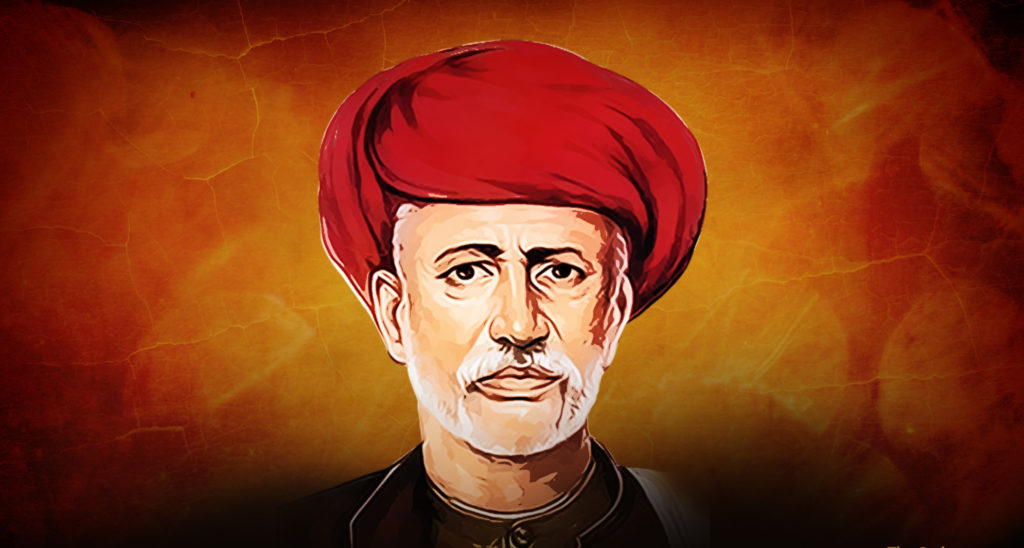
What We Can Learn From Mahatma Jotiba Phule
In the history of modern India, Jotiba Phule is one of the brightest stars who guided India towards more equal and egalitarian society. He paved a way for emergence of the Civil rights movement in India. Babasaheb Ambedkar paid his debt to him when he declared him as one of his Gurus, besides Kabir and the Buddha. What is it so remarkable about Jotiba that Babasaheb Ambedkar hailed him as his Guru? The answer to this question will provide us what we can learn from him.
Truth-seeking as the religious act
Most of the religions begin with the belief systems. They want us to believe in their books and the authors or transmitters of the books. This blocks the human mind from finding the truth for itself. Jotiba made truth seeking a religious act. It means that seeking truth religiously is an important act of the humanity. He, therefore, found a new religion based on truth-seeking. At the time of great Jotiba, not much was known about the Buddha, but even then he declared the Buddha as the truth seeker. We do not know what is the ultimate truth, but the truth is always arriving all the time and there can be many truths, what is important is to cultivate is an attitude of open and free mind which is ready to examine anything and everything. We can learn this quality of mind from the great Jotiba.
Fighting discrimination with knowledge and wisdom
When Jotiba started his movement, the Bahujan perspective was absent. Today even though the Bahujans are divided into many castes, there is an ideological framework that can make them communicate with the common language of unity. This is the greatest gift of Jotiba that he clearly united the exploited masses in the Brahmanical Hinduism. He talked about unity of Shudras, ati-Shudras, women and other exploited classes. In his compassionate view, he also worked for the women from Brahman caste and liberated them when they were exploited by the Brahmanical patriarchy. Jotiba was unique in his mobilization and good thoughts went all over India and brought changes in the society.
Education is cure all
Jotiba knew the importance of education. That is why he fought for the educational rights of the lower castes and women and he won those rights for them to a great extent by his astute advocacy before the British government.
Women must be the pillars of radical revolution
Jotiba not only trained his own wife to take lead in the social movements but also trained many women from across castes lines to be confident to lead the movement.
The social activist must try to become financially independent
Jotiba was a businessman and a contractor. He not only took the building contracts but also encouraged independence in social movements.
Learning from movements all over the world
Jotiba was a keen student of Thomas Paine and his Rights of Man was an important source of Jotiba’s ideology. He knew about emancipation proclamation of 1861. He kept himself updated with developments all over the world.
Religious tolerance
Jotiba was opposed to Brahmanism, but he valued great teachers like Tukoba and other saints dedicated to human beings. He respected both Islam and Christianity and he never degraded the faith of other people. However, he was fiercely critical of anything inhuman in any religion.
There are many things to learn from him. However if we can learn the basic principles of Jotiba which India needs badly today, it will solve a lot of India’s problems.
Author – Mangesh Dahiwale, Human Rights Activist



+ There are no comments
Add yours